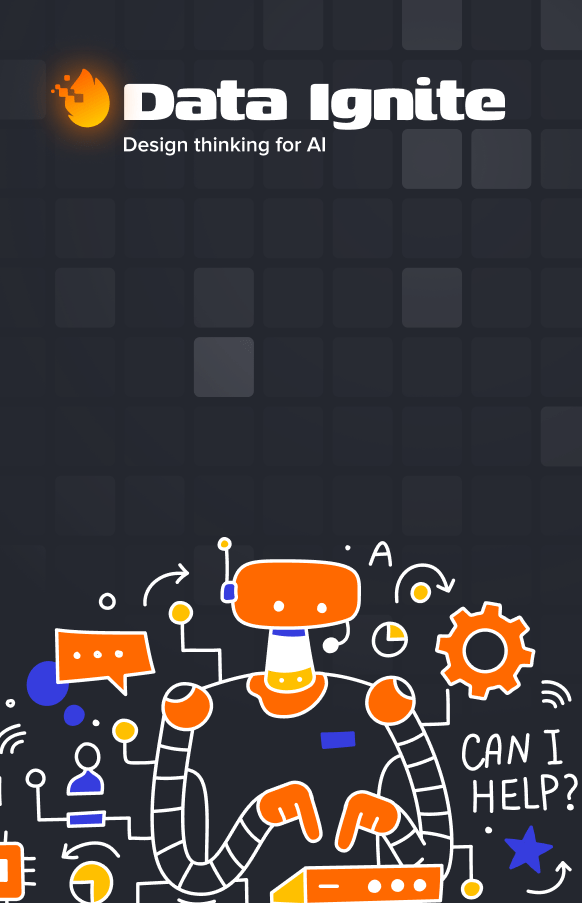10 Key Sales Forecasting Techniques for 2025
Jul 2, 2025 in Machine Learning
Discover the top 10 sales forecasting techniques for 2025. This guide covers everything from time series to machine learning for ultimate accuracy.
Not a member? Sign up now
Main challenges and how to tackle them
Paulo Maia on Aug 18, 2020
In collaboration with Data Science for Social Good Portugal, we are excited to announce a groundbreaking series of webinars focusing on AI topics that intersect with the greater social good. Our recent webinar, the second installment in this series, took place on the 29th of July and featured an insightful presentation by Francisca Morgado. She delved into a crucial topic in the AI landscape – “Fairness in AI.”

If you could not secure a spot or missed the live session, fret not! You can access the entire webinar in the video below. Additionally, if you missed our previous talk on Geospatial Machine Learning, it’s not too late to catch up.
Throughout history, the notion of fairness has evolved, adapting to the changing dynamics of societies and cultures. We’ve witnessed numerous instances of unfairness that have left an indelible mark on human behavior. The question arises: Have these biases and inequities been inadvertently encoded into the AI technology we rely on today?
In our recent webinar, we embarked on a journey to dissect the concept of fairness within AI systems. We delved into thought-provoking questions such as “What exactly is fairness, and how can it be quantified?” We also explored the intricate ways algorithms can introduce biases and scrutinized the potential sources of bias lurking within datasets. Most importantly, we offered practical insights on how to steer clear of making unfair decisions within AI frameworks.

Find how fairness and other risks can affect your project and learn how to avoid and mitigate those risks with our course.
Learn MoreThis session provided attendees with a comprehensive understanding of fairness in AI and tangible examples to reinforce the key concepts discussed. As AI continues to shape our world, addressing fairness becomes paramount in ensuring that technology serves the greater good.
Like this story?
Special offers, latest news and quality content in your inbox.
Jul 2, 2025 in Machine Learning
Discover the top 10 sales forecasting techniques for 2025. This guide covers everything from time series to machine learning for ultimate accuracy.
Jul 2, 2025 in Technical
Discover key business intelligence dashboard examples to enhance your data insights. Explore trending dashboards for impactful decision-making in 2025.
Jul 2, 2025 in Machine Learning
A practical guide to predicting customer churn. Learn how to build a churn prediction model, from data prep to actionable retention strategies.
| Cookie | Duration | Description |
|---|---|---|
| cookielawinfo-checkbox-analytics | 11 months | This cookie is set by GDPR Cookie Consent plugin. The cookie is used to store the user consent for the cookies in the category "Analytics". |
| cookielawinfo-checkbox-functional | 11 months | The cookie is set by GDPR cookie consent to record the user consent for the cookies in the category "Functional". |
| cookielawinfo-checkbox-necessary | 11 months | This cookie is set by GDPR Cookie Consent plugin. The cookies is used to store the user consent for the cookies in the category "Necessary". |
| cookielawinfo-checkbox-others | 11 months | This cookie is set by GDPR Cookie Consent plugin. The cookie is used to store the user consent for the cookies in the category "Other. |
| cookielawinfo-checkbox-performance | 11 months | This cookie is set by GDPR Cookie Consent plugin. The cookie is used to store the user consent for the cookies in the category "Performance". |
| viewed_cookie_policy | 11 months | The cookie is set by the GDPR Cookie Consent plugin and is used to store whether or not user has consented to the use of cookies. It does not store any personal data. |